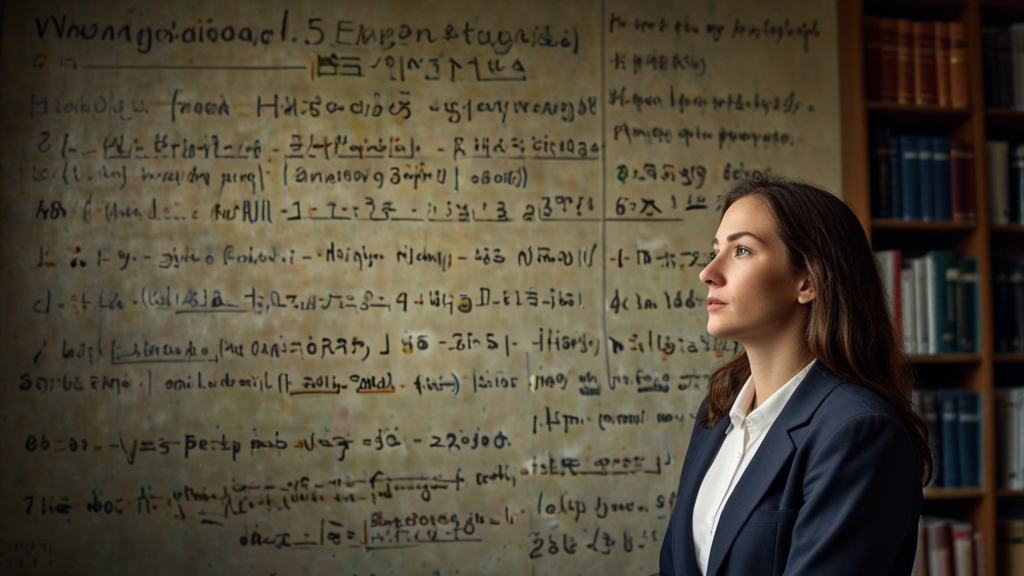The True Genesis: A Radical New Look at Creation
The concept of creation has been a cornerstone of human thought and philosophy for millennia. Across cultures and religions, various explanations for the origins of the universe and life have been proposed, debated, and revered. However, as our understanding of science and cosmology evolves, a radical new look at creation is emerging, blending age-old traditions with contemporary insights.
The Intersection of Science and Myth
For centuries, the narratives of creation found in religious scripture were taken at face value, serving as the primary explanations for the existence of the world and humanity. Ancient texts such as the Genesis account in the Bible, the Enuma Elish from Babylonian mythology, and Hindu cosmological theories have offered rich, symbolic stories of the universe's beginnings. While these stories remain spiritually significant, the advent of modern science has led many to seek a more empirical understanding of creation.
"The most beautiful and profound experience is the sensation of the mystical. It is the sower of all true science," said Albert Einstein. This statement underscores the idea that science and spirituality, rather than being at odds, can complement each other in the quest to understand our origins.
Big Bang Theory and Beyond
Contemporary cosmology presents the Big Bang theory as the leading scientific explanation for the universe's inception. According to this theory, the universe began approximately 13.8 billion years ago from an extremely hot and dense singularity, expanding rapidly to form everything we perceive today. It’s a model supported by compelling evidence such as cosmic microwave background radiation and the observed expansion of the universe.
However, the Big Bang is not necessarily at odds with spiritual narratives. Many theologians and scholars argue that such a grand event can be viewed as the mechanism through which a divine power initiated creation. The idea of a universe birthed from a singular point of infinite density and temperature could be seen as a profound and almost mystical beginning, transforming the Big Bang itself into a metaphysical moment of creation.
Quantum Dimensions and Multiverses
One of the most radical new ideas in the discussion of creation is the concept of the multiverse. Advanced theories in quantum mechanics and string theory postulate that our universe may be one of many, potentially infinite, universes existing concurrently. This mind-bending idea expands the scope of creation from a singular event to a potentially endless cycle of births and rebirths across different dimensions.
Physicist Brian Greene elaborates, "Theoretical physics suggests our universe may be but one of countless realms sprinkled throughout an infinitely extended cosmic expanse. If this is true, the true scope of creation is beyond comprehension."
Synthesizing the Old and the New
Given these groundbreaking scientific advancements, how do we reconcile them with traditional beliefs? One approach is to see ancient creation myths not as literal accounts, but as allegorical narratives that convey deeper truths about existence, morality, and human experience. The symbolic language of myths often addresses the 'why' of creation - our purpose and place in the universe - whereas science addresses the 'how'.
This synthesis invites a holistic perspective where religion and science, faith and reason, coexist and enrich our understanding of existence. Instead of viewing them as competing explanations, we can appreciate their complementary roles. The radical new look at creation thus becomes not about replacing old views with new, but about integrating diverse ways of knowing into a more comprehensive understanding.
Conclusion
The true genesis of our universe remains one of the most profound mysteries confronting humanity. As we continue to explore the vastness of space and the depths of subatomic particles, our theories of creation will undoubtedly evolve. By embracing both scientific inquiry and spiritual reflection, we can cultivate a deeper, more nuanced appreciation for the origins of all that is.
As Carl Sagan once eloquently noted, "Science is not only compatible with spirituality; it is a profound source of spirituality." It is in this interweaving of perspectives that we may find the most complete and awe-inspiring understanding of creation.






